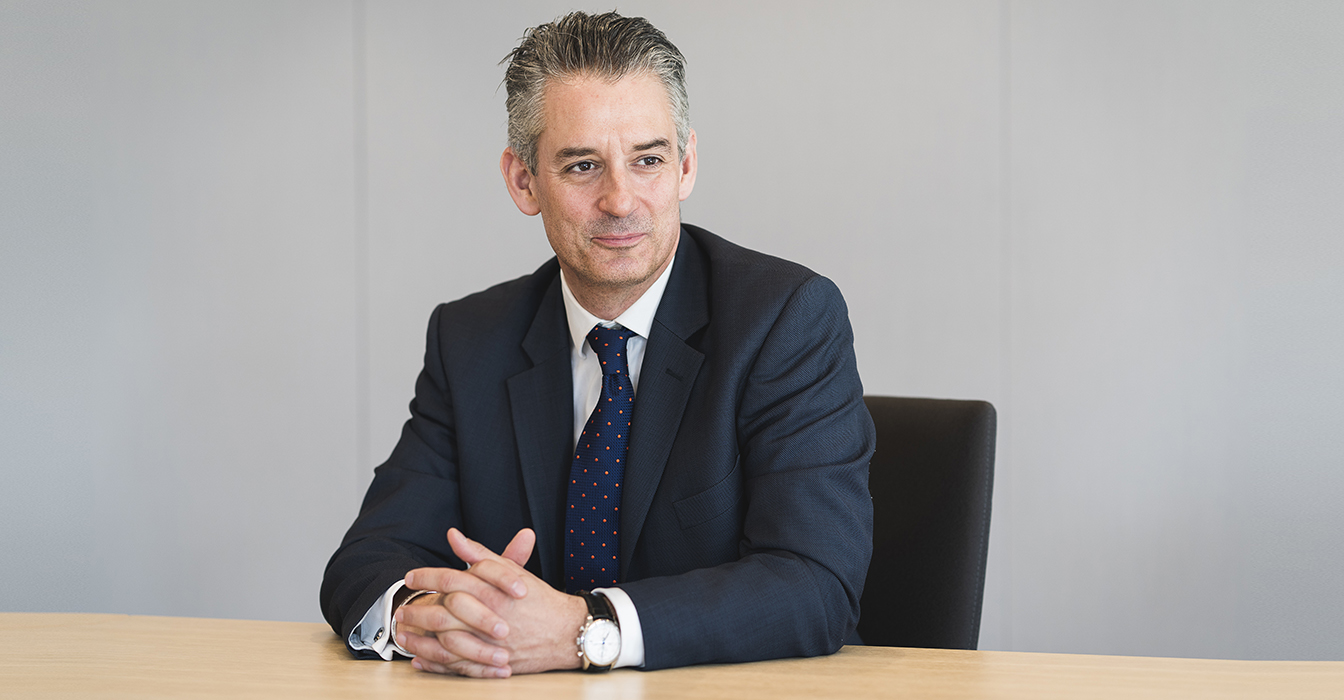Having a talented corps of lawyers with deep experience on the other side of the table is a requirement for any leading white-collar practice. A prime example from Dechert’s global team is London-based partner Matt Cowie, who served for 11 years with the UK’s Serious Fraud Office before joining private practice in 2010. During his public service, Cowie led the UK’s first prosecutions of overseas corruption, which involved coordination with his American counterparts at the Justice Department and Securities and Exchange Commission. A graduate of the University of Warwick School of Law, Cowie joined Dechert in 2016 from Skadden.
Lawdragon: Can you describe your years as a prosecutor in the Serious Fraud Office and the experience you gained?
Matt Cowie: I joined the Serious Fraud Office in 1999 from the independent bar, where I was a trial attorney. I spent 11 years and worked under three directors. In my early years, I mainly prosecuted fraud cases, but by 2004 overseas corruption was a hot topic in the UK, and the UK was seen to be falling behind its international obligations to deal with overseas fraud and overseas corruption. I was asked by the director to lead the investigation into BAE Systems; that case was the first and also the largest corporate matter that the SFO had handled. At the time the SFO didn’t have specialized teams to deal with corruption and we were working with old corruption laws pre-Bribery Act, which was enacted in 2010. In my more senior years in the office, I was mainly doing the very first corporate settlements in the oil and gas and pharmaceutical sectors and some individual corruption prosecutions. If I think now about my practice here at Dechert, I would say that the preponderance of the work is corruption and fraud based.
LD: What accounts for the increase in activity for that type of work?
MC: In terms of corruption, the surge of activity has mainly come from outside, and certainly from the U.S. and the Organization for Economic Co-operation and Development. In the 2000s the U.S. was looking to the European regulators in the G7 category bring more enforcement proceedings; in fairness, the level of enforcement was low and patchy in Europe, and the U.S. through the OECD really pressured their peers to up their game. The UK responded to that, by enacting the Bribery Act and making important procedural changes such as introducing the deferred prosecution agreements for corporates.
LD: Is there any type of trend within your practice that you think stands out, or that others might be missing?
MC: In a number of matters recently, I’ve been dealing with companies’ auditors, but I have also been engaged to help one of the big audit and professional services firms with a problem it had with a new audit client. I think audit issues are likely to become more prominent in the coming years; the idea of what an audit practice actually is, is undergoing significant change, and I do think the intersection of audit and crime will be an interesting space to watch.
LD: What led you to want to go to law school in the first place, and then to become a litigator?
MC: My school allowed me to take law as a subject at a local college. I have always been interested in how law works in society. I then went to Warwick Law School – I chose it because Warwick used the Harvard method of teaching, and they had interesting professors many who had been either campaigners in government or private practice before. Warwick created an inspiring approach to understanding and solving legal problems. I enjoy solving legal problems, and that’s probably what inspired me the most to become a litigator.
LD: After that, when did you develop an interest in becoming a prosecutor?
MC: Whilst a member of the independent bar, in 1999, I was the most junior member of the team involved in the prosecution of Judge Richard Gee – one of the only times in UK legal history that a sitting judge had been indicted. The case arose from the judge’s time prior to his appointment when he was a solicitor. Mr. Gee had been the solicitor to a client committing mortgage fraud. Mr. Gee was tried but it was a hung jury and there was no second prosecution. But as a result of that experience of being involved in serious fraud, I was recruited to the Serious Fraud Office and became a prosecutor.
LD: Once you were in private practice for several years, why did you make the switch to Dechert?
MC: In the UK, Dechert has always been the best firm in the white-collar space, and that’s primarily due to Neil Gerrard, the senior partner here, and his practice. I knew I’d be joining a full service white-collar department, and a large one. I also knew that because we’re a litigation-driven firm, coming from my last U.S. firm which was a corporate firm, there’d be fewer conflicts and we’d be able to more easily grow a practice.
LD: Are you involved in any pro bono or public interest activities?
MC: As a department for the last three years we have contributed over 30 lawyers’ time to work with the Human Dignity Trust, who are themselves acting as part of an umbrella of organizations looking to change and reform outdated laws, primarily in Commonwealth countries, on LGBT and women’s issues. It’s been an absolute delight working with the Human Dignity Trust as a client, and they have already achieved some success with the project.


